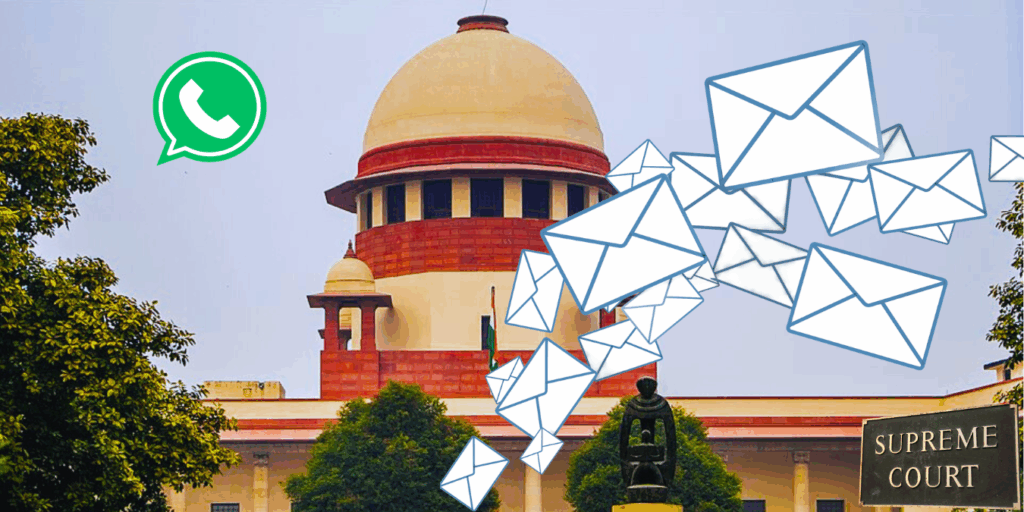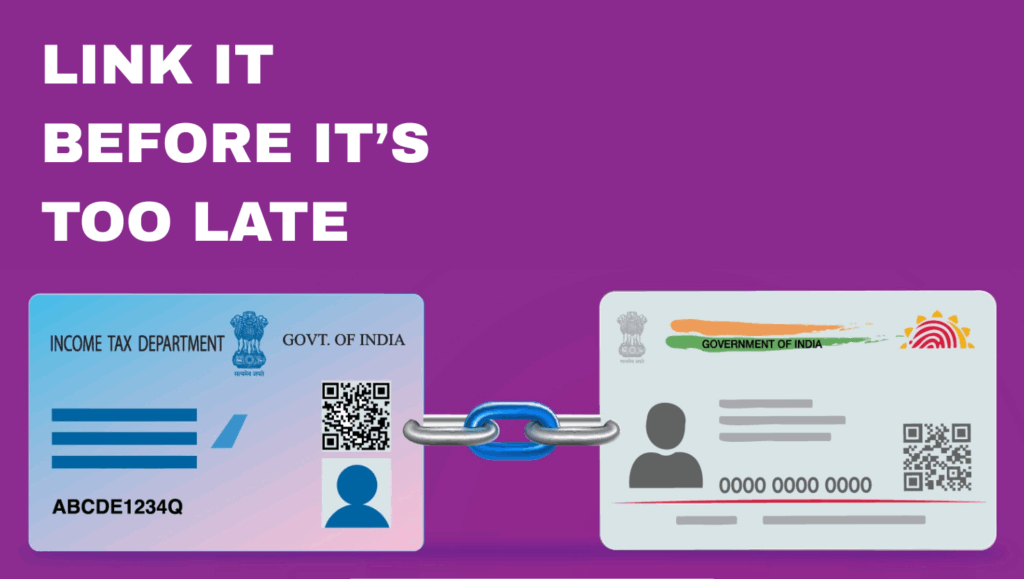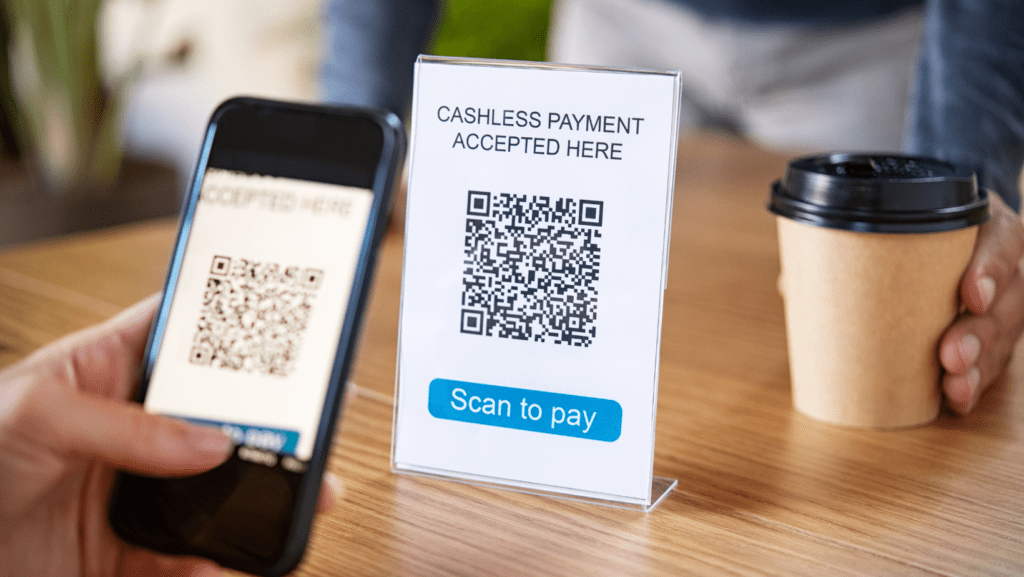
Can you keep money from a bank error in India? Discover the shocking legal risks of spending erroneous deposits, from lawsuits to jail time. Learn RBI rules, real cases, and how to protect yourself in this engaging guide! Stay informed and avoid costly mistakes.
Imagine logging into your bank account and finding an unexpected windfall—thousands or even lakhs of rupees that you didn’t deposit. It’s tempting to think it’s your lucky day, but what happens if you spend that money, only to learn it was a bank error? Can the bank sue you for spending funds deposited into your account by mistake? This question is more common than you might think, and the answer has serious legal and financial implications for Indian consumers. In this blog, we’ll dive into the legalities, consequences, and steps to take if you find yourself in this situation, all while incorporating the latest data and insights to keep you informed.
With banking errors becoming a topic of curiosity, especially in India’s rapidly digitizing financial landscape, understanding your rights and responsibilities is crucial. Whether you’re a salaried professional, a small business owner, or a student, this guide will unravel the mystery of erroneous deposits and how to handle them responsibly.
Understanding Bank Errors: A Common Yet Risky Scenario
Bank errors, while rare, are not unheard of. In 2024, India’s banking sector processed billions of transactions daily, with digital payments alone surpassing ₹1,500 crore in volume, according to the Reserve Bank of India (RBI). Despite advanced systems, mistakes like erroneous deposits can occur due to human error, technical glitches, or misdirected payments. For instance, a teller might input an incorrect account number, or a system glitch could credit funds to the wrong account.
A notable case in India involved a man in Uttar Pradesh who received ₹99,99,94,300 (nearly ₹100 crore) in his account due to a bank error in 2023. The funds were reversed after he reported it, but not before sparking widespread curiosity about what would have happened if he had spent the money. Such incidents raise the question:
Can you legally keep or spend money deposited into your account by mistake?
The short answer is no. Spending money that doesn’t belong to you can lead to serious legal consequences, including lawsuits and criminal charges. Let’s explore why and how this works under Indian law, with a focus on engaging insights and actionable advice.
The Legal Framework in India: What Does the Law Say?
In India, the legal consequences of spending erroneously deposited funds are governed by several laws, including the Indian Contract Act, 1872, the Indian Penal Code, 1860, and RBI guidelines. Here’s a breakdown of the key legal principles:
1. Unjust Enrichment (Indian Contract Act, 1872)
Under Section 72 of the Indian Contract Act, if you receive money by mistake, you are legally obligated to return it to the rightful owner. This principle, known as unjust enrichment, applies when you benefit from something that doesn’t rightfully belong to you. If a bank accidentally deposits money into your account, keeping or spending it without reporting the error could make you liable to repay the amount, along with interest or penalties.
2. Theft Under the Indian Penal Code
If you knowingly spend money that was deposited in error, you could face criminal charges under Section 378 of the Indian Penal Code, which defines theft as dishonestly taking movable property without consent. Courts in India have ruled that using erroneous deposits with the knowledge that they don’t belong to you can be considered theft, potentially leading to imprisonment for up to seven years.
3. RBI Guidelines on Erroneous Transactions
The RBI mandates that banks have systems to detect and reverse erroneous transactions. According to the RBI’s Customer Protection Guidelines (2023), banks can reverse mistaken deposits without your permission, provided they notify you. However, if you’ve already spent the funds, the bank may demand repayment, and failure to comply could lead to legal action.
4. Case Law in India
Indian courts have consistently ruled against individuals who spend erroneous deposits. In State Bank of India v. Anil Kumar (2019), the court held that a customer who knowingly used funds credited by mistake was liable for repayment and faced charges of dishonest misappropriation. Such cases underscore the importance of reporting errors promptly.
What Happens If You Spend the Money?
Spending money deposited by mistake can lead to a cascade of consequences, both financial and legal. Here’s what you need to know:
1. Bank Reversal and Overdraft
Banks in India, such as SBI, HDFC, or ICICI, have robust systems to detect errors during audits. If you spend the erroneous funds, the bank can reverse the transaction, potentially leaving your account in overdraft. For example, if you received ₹50,000 by mistake and spent it, the bank could deduct ₹50,000 from your account, causing a negative balance. You’d then be responsible for repaying the overdraft, along with fees and interest, which can range from 12–18% annually, according to RBI data.
2. Civil Lawsuits
If you fail to repay the funds, the bank or the rightful owner can file a civil suit to recover the money. This could result in court-ordered repayment, legal fees, and damage to your credit score. In 2024, India saw a 15% rise in banking-related disputes, with many involving erroneous transactions, as reported by the National Consumer Disputes Redressal Commission.
3. Criminal Charges
If the bank believes you acted dishonestly, it may report you to the authorities. Spending large sums of erroneous funds, especially with knowledge of the error, could lead to charges of theft or criminal breach of trust under the Indian Penal Code. In a 2022 case in Mumbai, a man who spent ₹2 lakh of erroneously deposited funds was sentenced to six months in jail for theft.
4. Impact on Credit Score
Unpaid overdrafts or legal disputes can harm your CIBIL score, making it harder to secure loans or credit cards in the future. With India’s credit market growing—over 30 crore active credit accounts in 2025, per TransUnion CIBIL—maintaining a good credit score is critical.
Real-Life Examples: Lessons from India and Beyond
To make this topic more relatable, let’s look at real-life cases that highlight the risks of spending erroneous deposits:
- Uttar Pradesh Case (2023): A farmer received nearly ₹100 crore due to a clerical error. He reported it immediately, and the bank reversed the transaction. Had he spent the money, he could have faced a lawsuit and criminal charges.
- Delhi Case (2021): A woman received ₹10 lakh by mistake and spent it on luxury goods. The bank reversed the funds, leaving her account overdrawn by ₹9.8 lakh. She faced a civil suit and had to repay the amount with interest.
- Global Example (USA, 2019): A Pennsylvania couple spent $120,000 (₹1 crore) deposited by mistake, buying vehicles and giving money to friends. They were charged with theft, faced jail time, and had to repay the overdraft, illustrating the universal nature of these laws.
These cases show that spending erroneous deposits, even unintentionally, can lead to severe consequences, making it essential to act responsibly.
What Should You Do If You Receive an Erroneous Deposit?
If you notice an unexpected deposit in your account, follow these steps to protect yourself:
- Don’t Touch the Money: Avoid spending, transferring, or investing the funds. Even moving the money to another account could be seen as dishonest intent.
- Notify the Bank Immediately: Contact your bank through their helpline, branch, or online banking portal. For example, SBI customers can call 1800-1234, while HDFC offers a dedicated grievance portal. Keep records of all communications, including emails or call logs.
- Monitor Your Account: Check your account regularly until the error is resolved. Set up SMS or email alerts for deposits, a feature offered by most Indian banks like Axis, ICICI, and PNB.
- Consult a Legal Expert: If the bank demands repayment after you’ve spent the funds, consult a lawyer to understand your rights. In rare cases, defenses like change of position (e.g., spending the money in good faith) may apply, but these are difficult to prove in India.
- Keep Records: Save bank statements, deposit alerts, and correspondence with the bank. These can be crucial if disputes arise.
How Banks Handle Erroneous Deposits
Banks in India follow a structured process to correct erroneous deposits, as outlined by the RBI:
- Detection: Banks use automated systems and audits to identify errors. In 2024, SBI reported resolving 95% of erroneous transactions within 10 days.
- Reversal: Banks can reverse funds without your permission if the error is clear, but they must notify you.
- Recovery: If you’ve spent the money, banks will send a demand notice. Non-compliance can lead to legal action.
- Customer Support: Major banks like Kotak Mahindra and Canara Bank have dedicated teams to handle such disputes, ensuring quick resolution if reported promptly.
Honesty Is the Best Policy
Finding extra money in your bank account might feel like hitting the jackpot, but it’s a legal and financial minefield. In India, spending funds deposited by mistake can lead to civil lawsuits, criminal charges, and long-term financial consequences like overdrafts and damaged credit scores. The best course of action is to report the error immediately, keep records, and monitor your account until the issue is resolved.
With India’s banking sector growing—over 1.4 billion bank accounts as of 2025, per RBI—errors, while rare, are inevitable. Stay vigilant, use banking alerts, and act responsibly to protect your finances and peace of mind. Have you ever faced a bank error? Share your story in the comments below, and let’s keep the conversation going!
Disclaimer: This blog is for informational purposes only and does not constitute legal advice. Consult a legal professional for specific guidance.
Frequently Asked Questions
No, even small amounts must be reported. Spending any erroneous deposit, regardless of size, can lead to legal action.
If you genuinely didn’t notice, you may avoid criminal charges, but you’ll still need to repay the funds. Ignorance is not a strong defense in court.
Per RBI guidelines, banks typically resolve errors within 10–45 days, depending on the complexity.
Yes, banks can freeze your account or place a hold on funds equal to the erroneous deposit until the issue is resolved.
The bank or rightful owner can claim the funds at any time, even years later, as banks conduct regular audits.















































